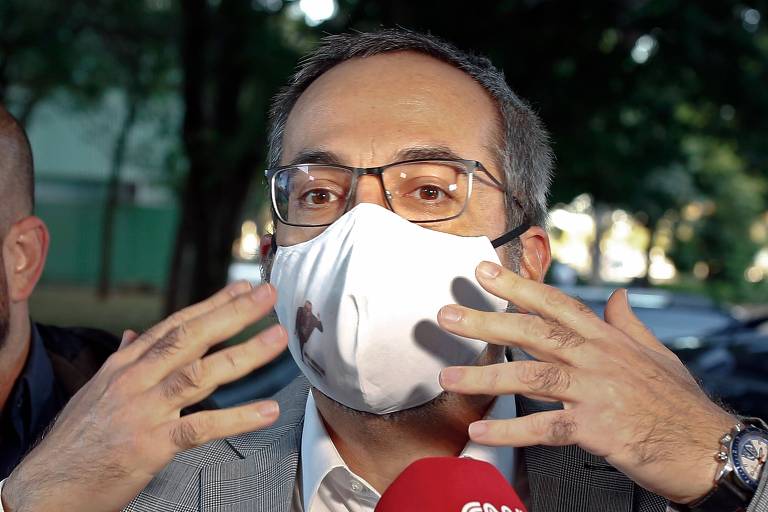Opposition political parties sent a letter on Tuesday (23) to the American ambassador to Brazil, Todd Chapman, asking for clarification on the entry into the United States of former Education Minister Abraham Weintraub, who received an appointment on the World Bank's board.
The document, signed by 72 deputies, requests that the American embassy and the US State Department say under which status Weintraub remains in the USA, considering that it does not represent the Brazilian government or any international body.
According to the Ministry of Foreign Affairs, ministers of State are entitled to diplomatic passports, and Weintraub benefited from the document in July 2019. There is no official information if he used this passport and traveled with his family.
Upon leaving MEC (Ministry of Education), Weintraub said he received an invitation, endorsed by President Jair Bolsonaro (without a party), to be the representative director of Brazil and eight other countries at the World Bank. This multilateral institution promotes development with Washington headquarters.
The estimated annual salary is US$ 258,570, equivalent today to R $ 115.8 thousand per month without a 13th, or more than three times the current salary of the minister, of R $ 31 thousand.
"Weintraub hastily left his post, apparently to take up a post at the World Bank whose official appointment is still pending," parliamentarians write in the letter.
Translated by Kiratiana Freelon
